Apple on Monday announced a new iTunes Connect feature that lets developers opt in to weekly App Analytics updates via email, while approving screen temperature and brightness management app FlexBright for iOS App Store sale.
With the new iTunes Connect tool developers can receive weekly email reports on their most frequently downloaded apps, according to an email notification sent to AppleInsider reader Gregg earlier today. Each email contains week-over-week metrics covering App Store views, app units, sales, sessions and crashes.
The email notification service is the latest upgrade to hit Apple's iTunes Connect developer hub, which recently received a facelift last September alongside functional additions like an option to schedule automated software release dates. Apple most recently built out an iTunes Connect Web portal called Podcast Connect for validating, publishing and managing podcast content.
Developers interested in opting in to Apple's weekly analytics service can do so by visiting Notifications in the "Users and Roles" iTunes Connect settings menu.
As for iOS App Store content, Apple recently approved device display brightness and color temperature management app FlexBright for distribution.
The addition comes nearly four months after a similar app called f.lux was shut down for using private APIs, a violation of App Store policy. It was speculated that Apple was clearing the field for Night Shift, an upcoming iOS 9.3 feature that automatically shifts display color temperatures to the warmer end of the spectrum to ease physiological effects of exposure to cold blue light.
FlexBright was originally created to reduce eye strain by monitoring user exposure to a device's blue light. Previous releases touted automatic brightness control, but the most recent version 2.0 adds in a "blue light filter" for shifting color temperature either manually or by time of day.
The latest FlexBright version is available for $2.99 from the iOS App Store.
Update: Apple has pulled FlexBright for violating App Store policy.
 AppleInsider Staff
AppleInsider Staff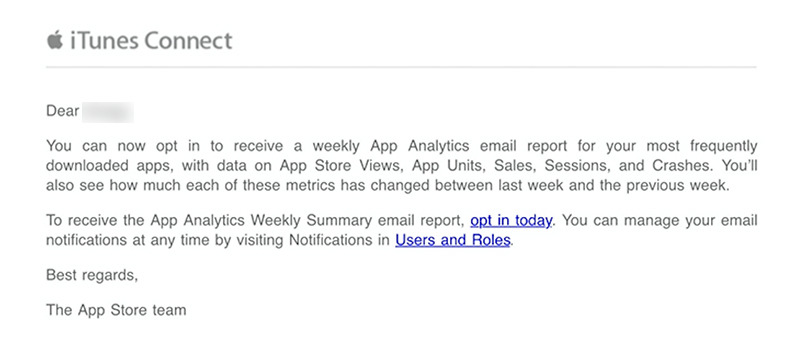
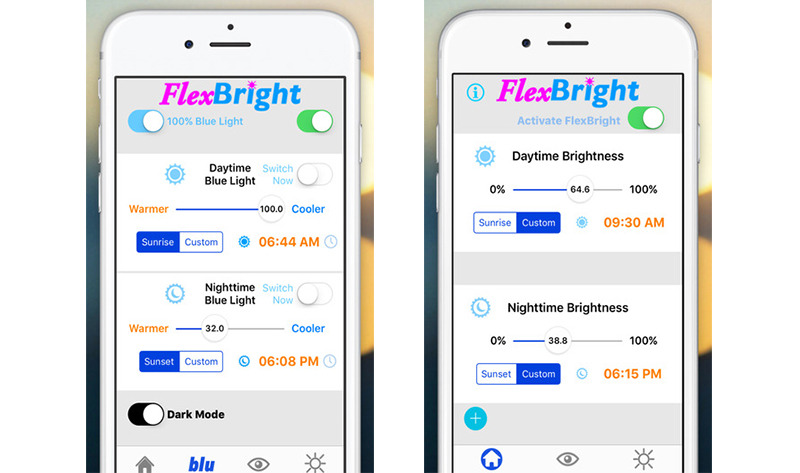
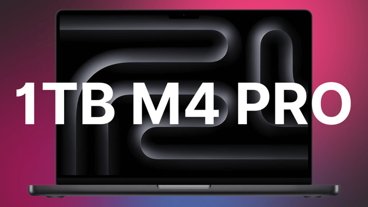

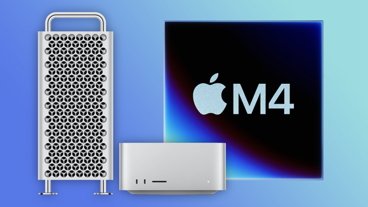



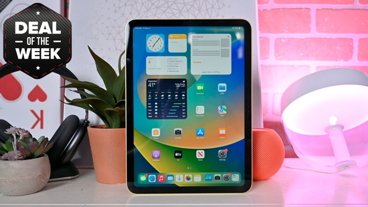
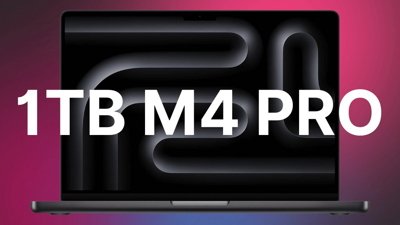
 Christine McKee
Christine McKee
 Charles Martin
Charles Martin
 Wesley Hilliard
Wesley Hilliard
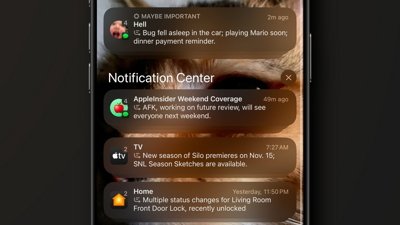
 Malcolm Owen
Malcolm Owen

 William Gallagher
William Gallagher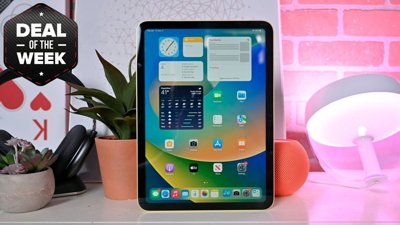
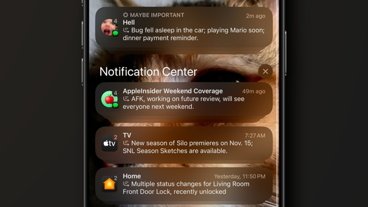









8 Comments
That's a pretty shitting thing to do: Copy f.lux, don't allow f.lux to deploy their own app, then let this app into the App Store instead.
I'm sure F.lux has to be wondering why they were kept out but this other app was let in. Do we think Apple might reverse and let them in? I mean they do have a slightly different way of doing things.
Let people buy this, then release the feature for free with 9.3. Bit of a greasy move there haha
This demonstrates again the Apple app review process is a frustrating experience for app developers (and I am one of them). The lack of transparency from Apple, and never knowing when or even if your app will be accepted, is really annoying
That's some bad UI.